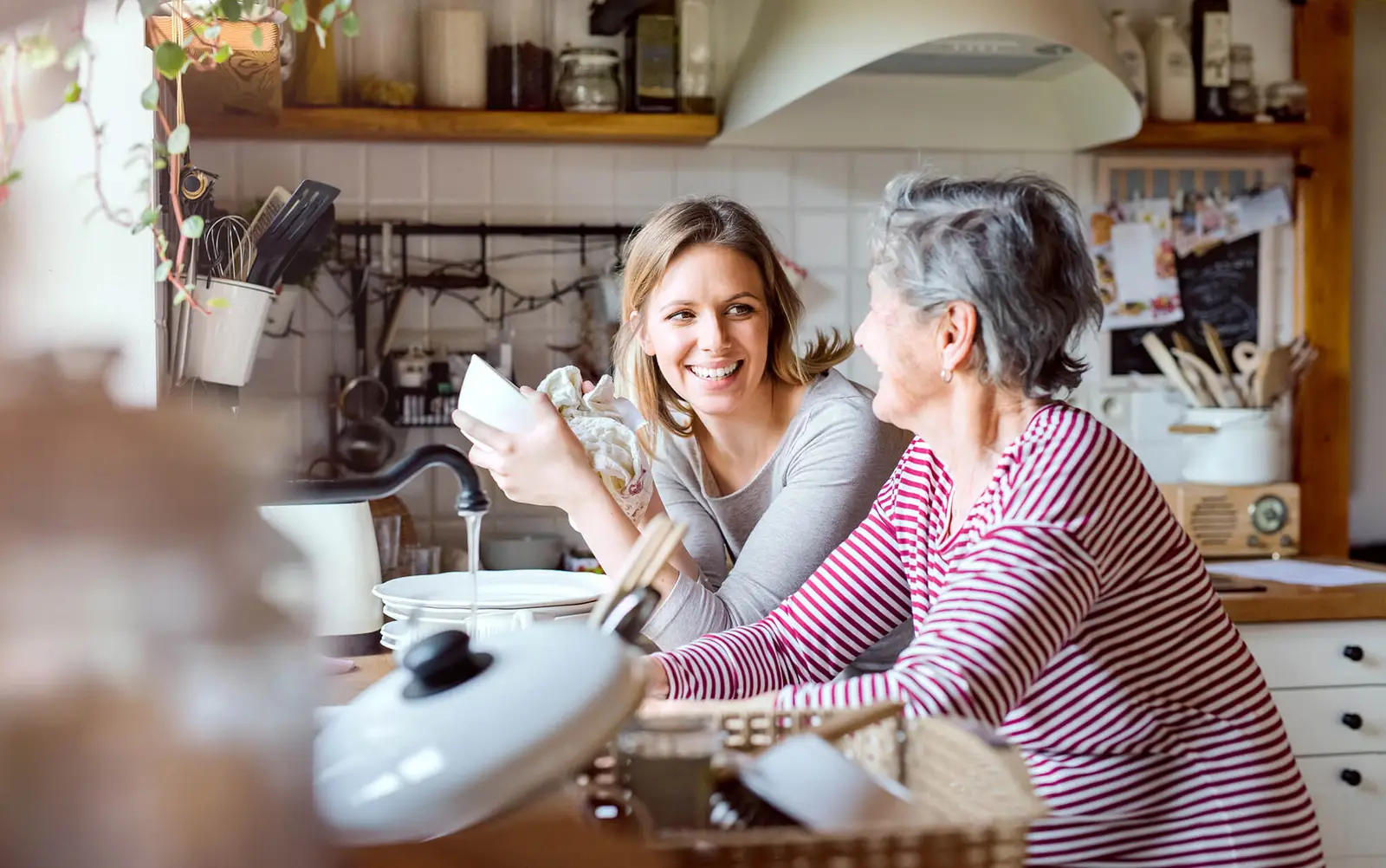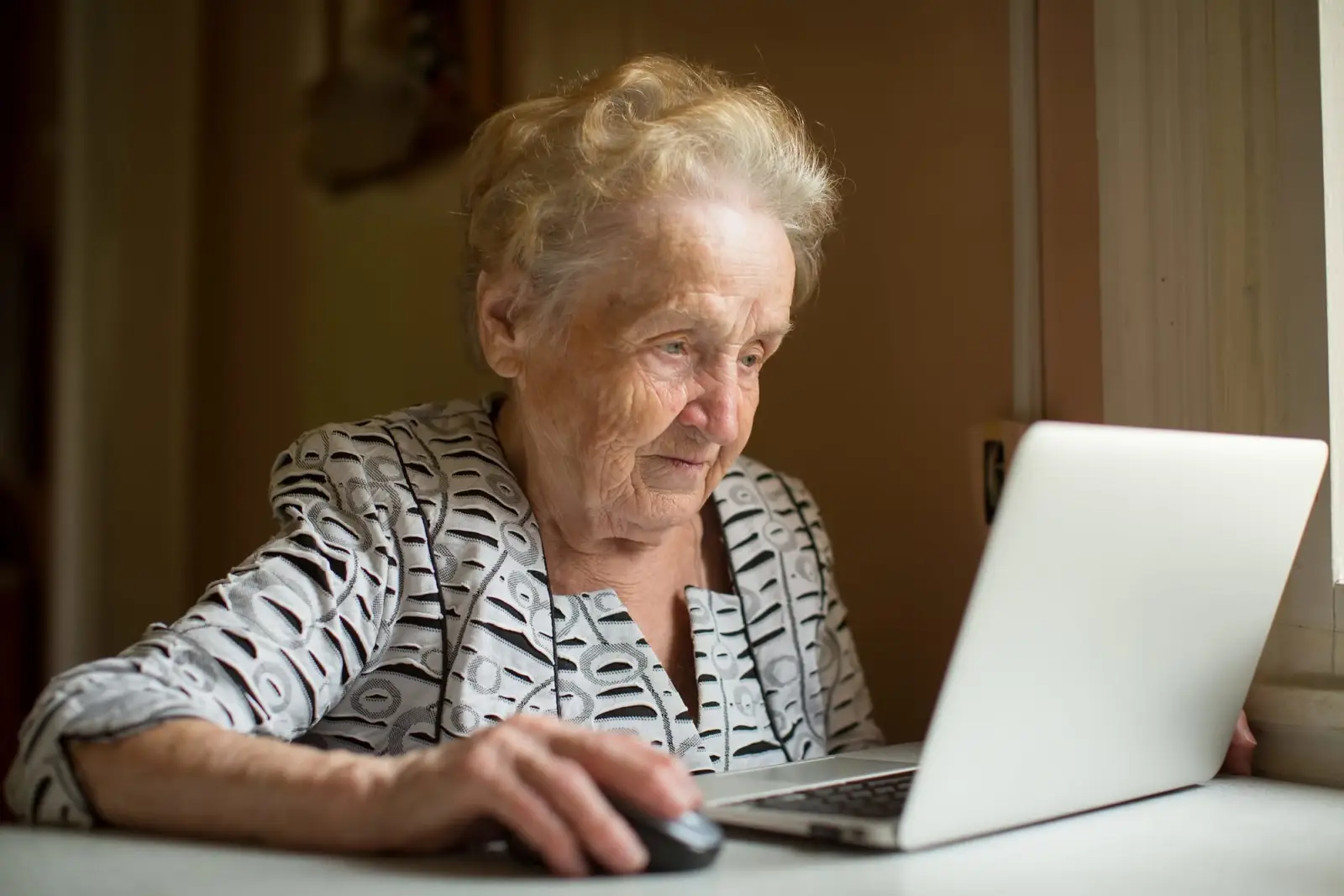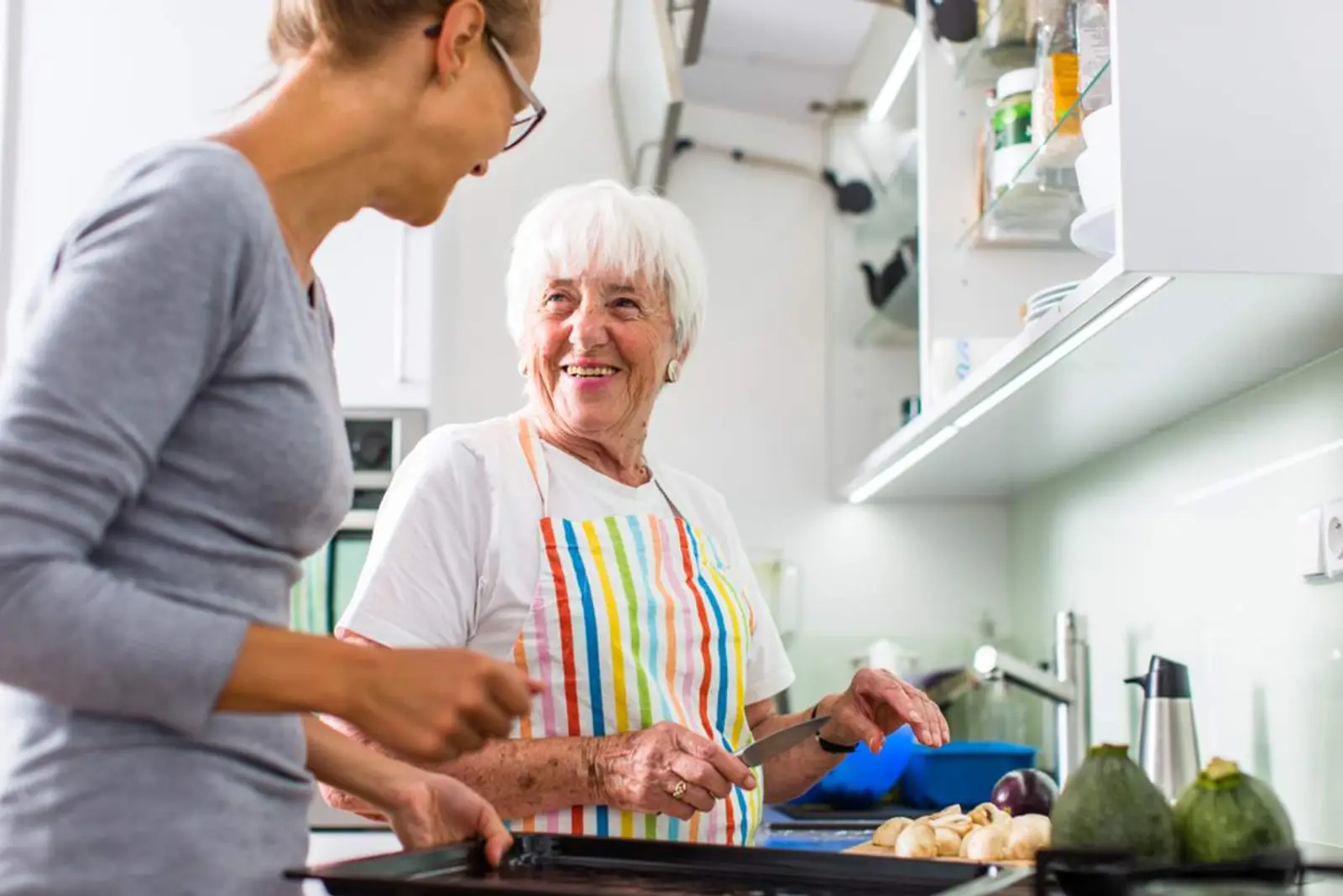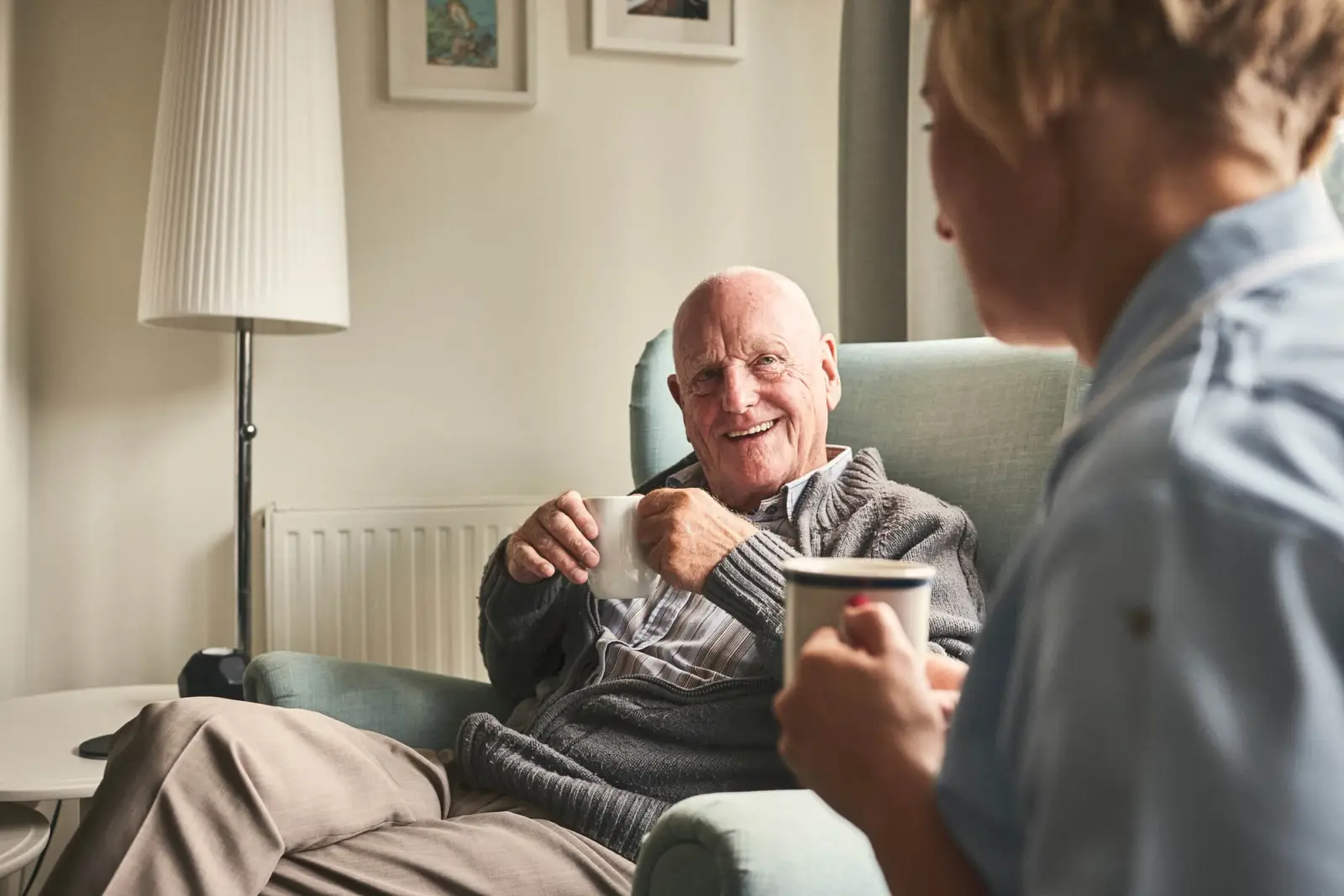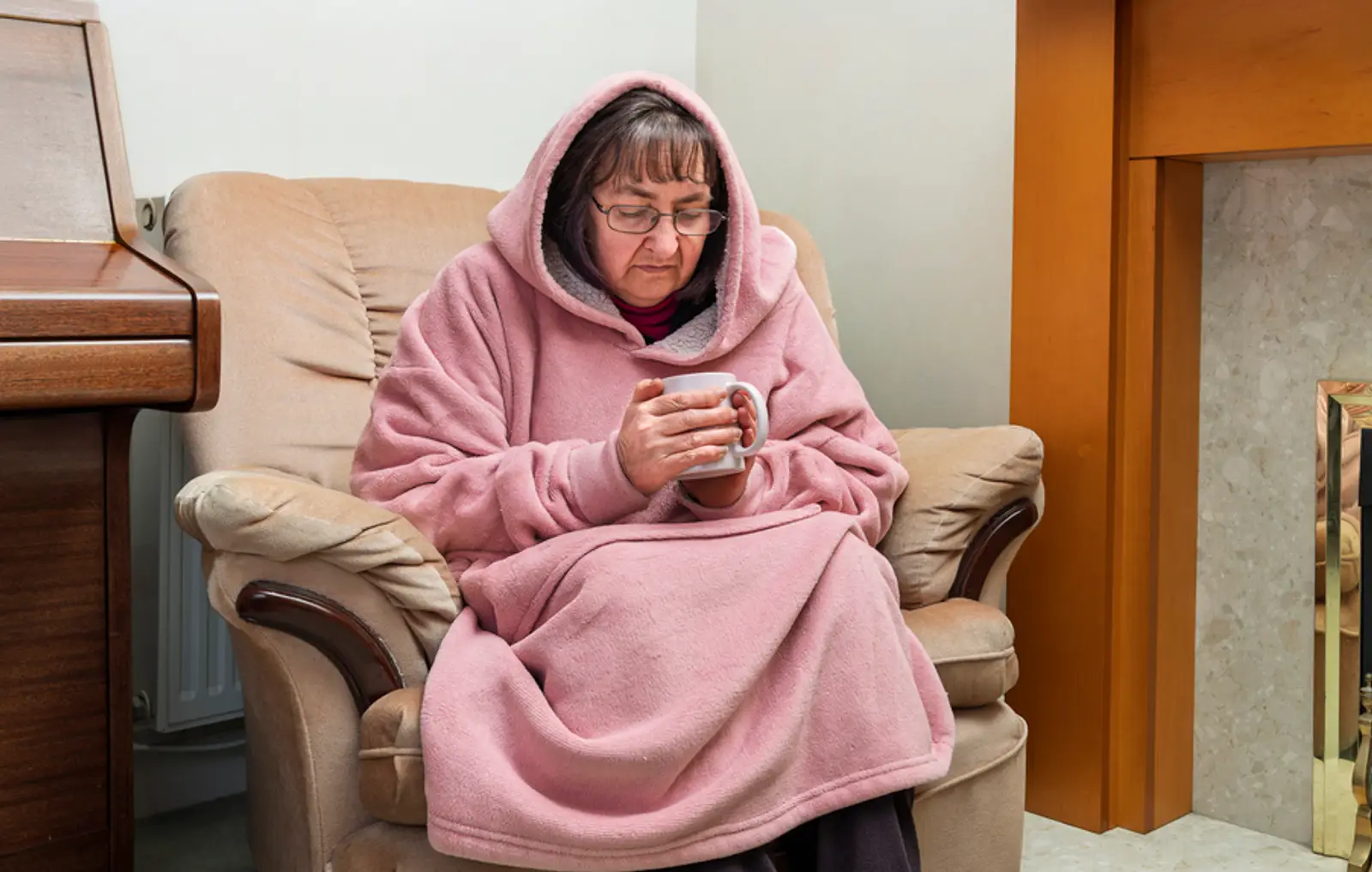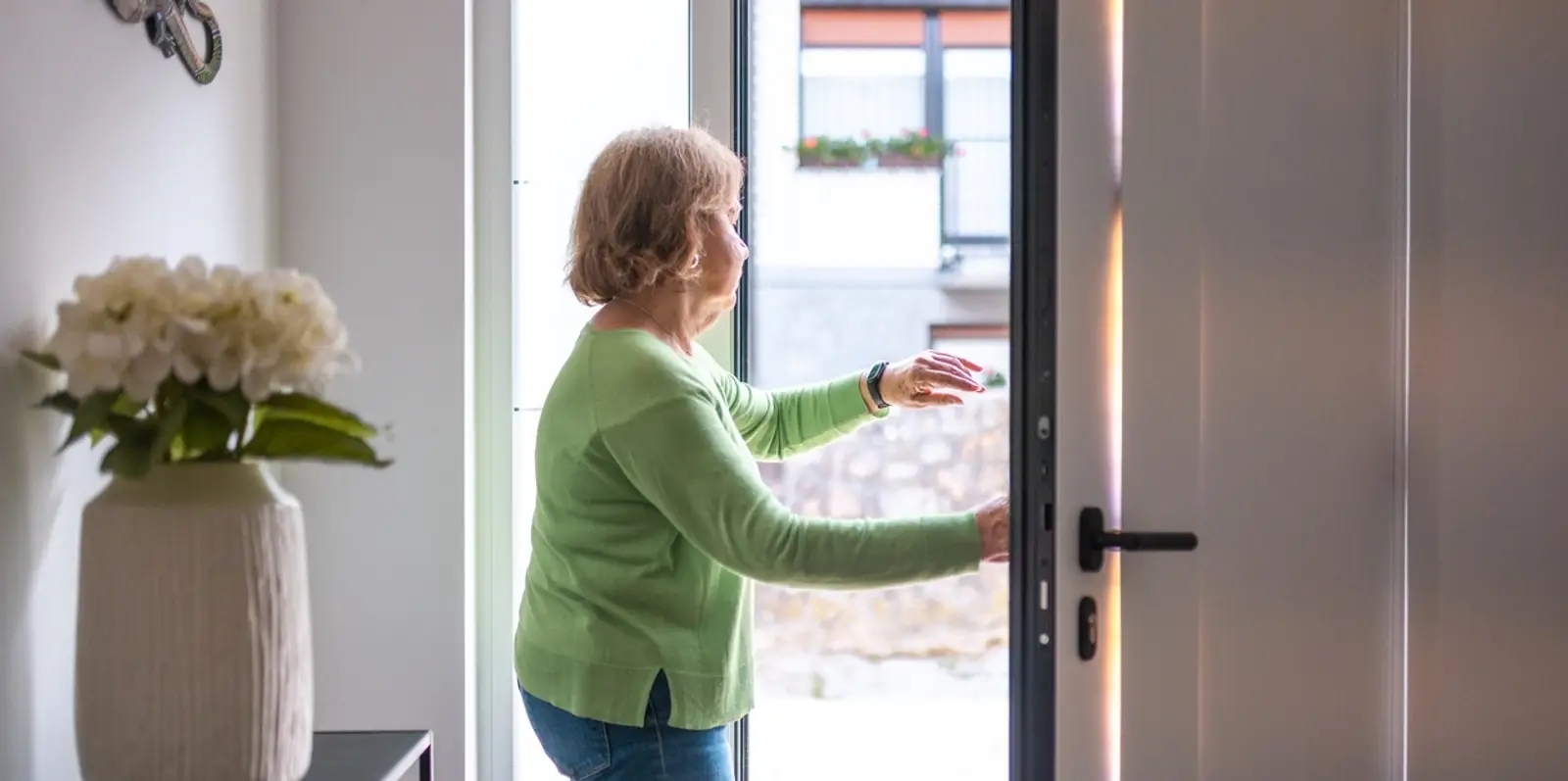How The Elderly Can Stay Healthy This Winter: Age UK London & NHS London’s Dr Oge Ilozue
10-minute read | 24/11/2025
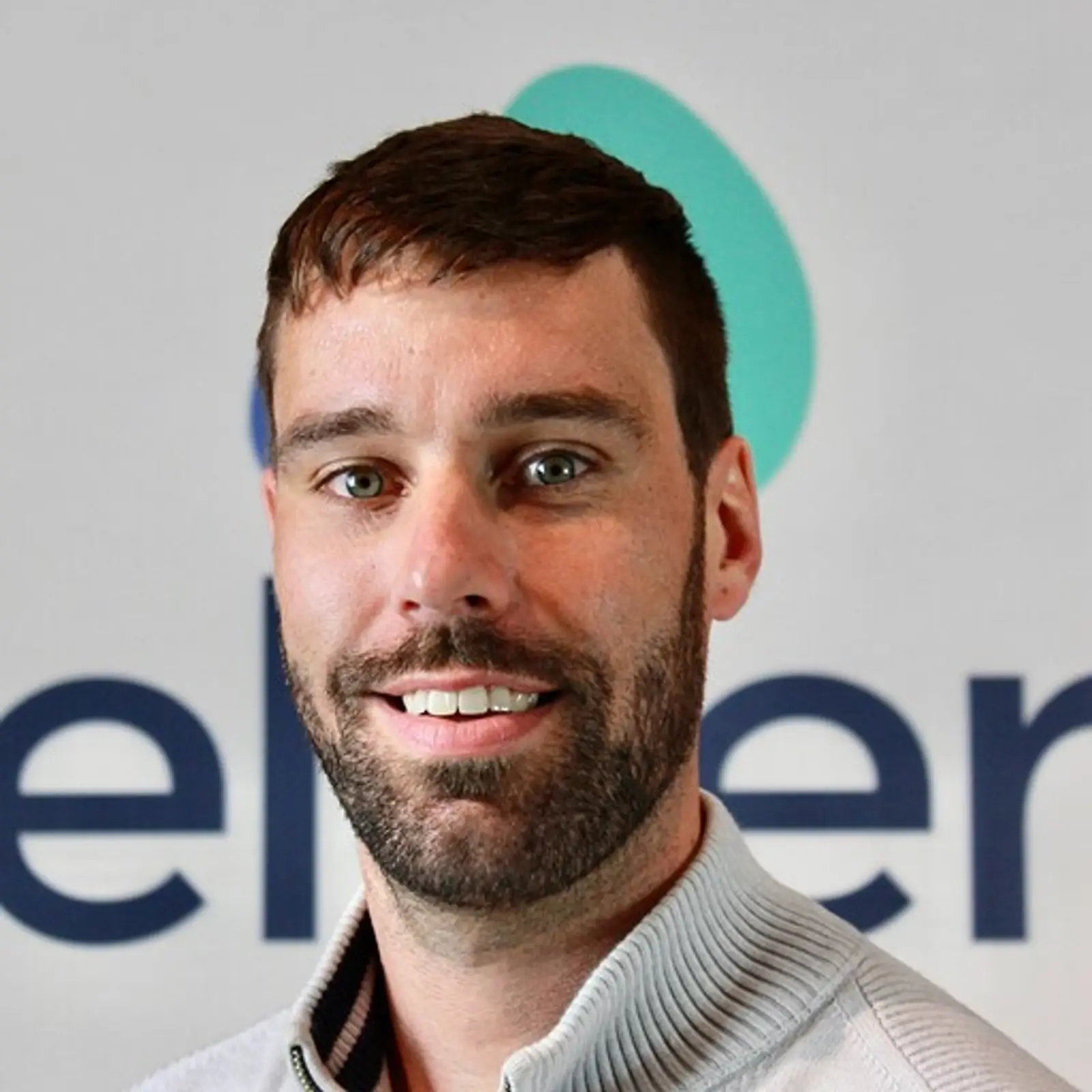
Editorial Contributor
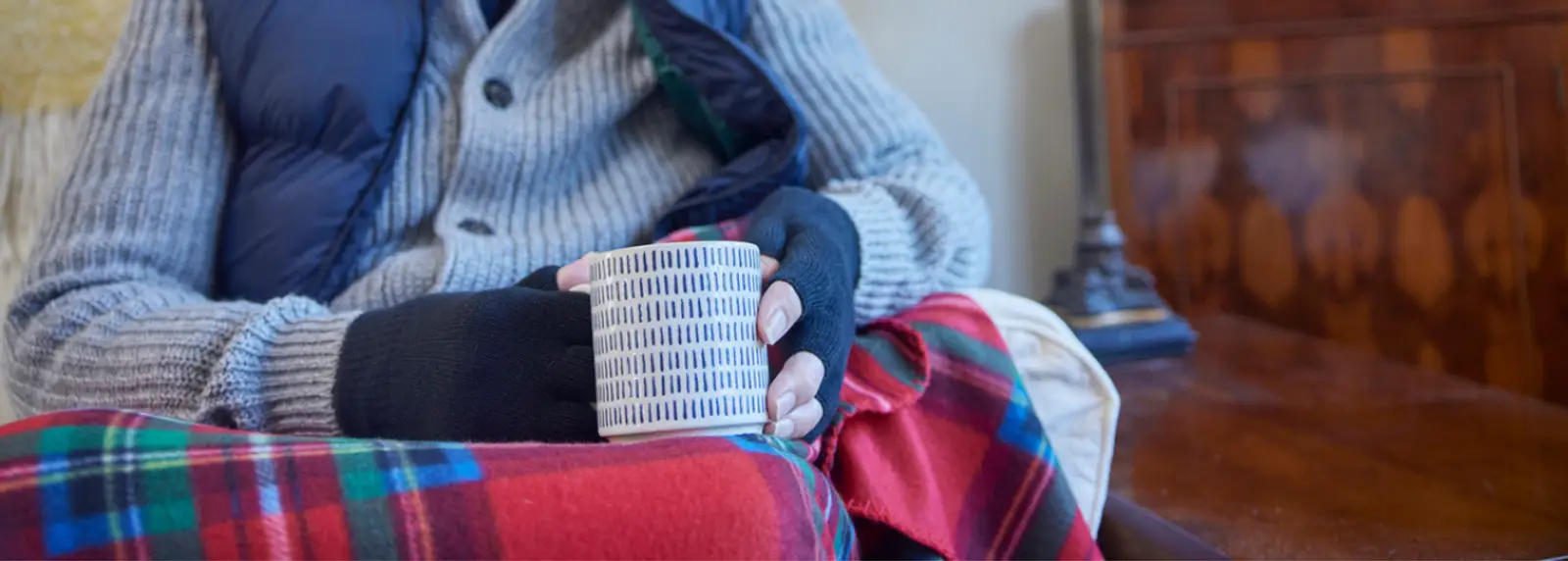
In a recent Staying Healthy This Winter webinar, hosted by Age UK London, NHS London’s Dr Oge Ilozue spoke about how older adults, carers, and families can reduce health risks during the colder months. With practical advice covering physical health, mental wellbeing, vaccination, nutrition, exercise and knowing when to seek medical help, Dr Ilozue emphasised that preparation & awareness can make winter safer for everyone.
Coping With Health Challenges in Winter
How Cold Weather Affects Long-Term Conditions
Dr Ilozue highlighted that colder temperatures can significantly affect people with long-term conditions. “We know conditions can get worse in the winter, especially for older people and people with long-term conditions,” she said, noting that cold and damp weather can aggravate respiratory and cardiovascular issues.
She explained that the cold increases risks such as high blood pressure, heart attacks and strokes. Even the weekly cold snap, she noted, is enough to trigger worsening symptoms for vulnerable groups.
When to Seek Medical Help
Her key message: don’t delay seeking medical care. “If you're worried about your health or your family's health, our advice is not to get delayed, but get the care you need.”
Supporting Mental Health During Darker Months
Why Winter Impacts Mood
Winter can also bring challenges for mental well-being. “Looking after our mental health… the darker, longer nights can take a toll,” Dr Ilozue explained.
When to Ask for Professional Support
She encouraged people to speak up early if they’re struggling. “It can be a friend, family member, or one of your trusted healthcare professionals,” she said, emphasising the importance of connection.
Dr Ilozue often hears older patients say they don’t want to “bother” their children or friends, but she stressed that reaching out is vital. “We're here for fellowship. We're here for community and each other,” she said. “Letting people know you may be struggling can be such an important first step.”
She emphasised that if mental health concerns begin affecting daily activities or the ability to enjoy normal routines, it may be time to seek professional help or talking therapies.
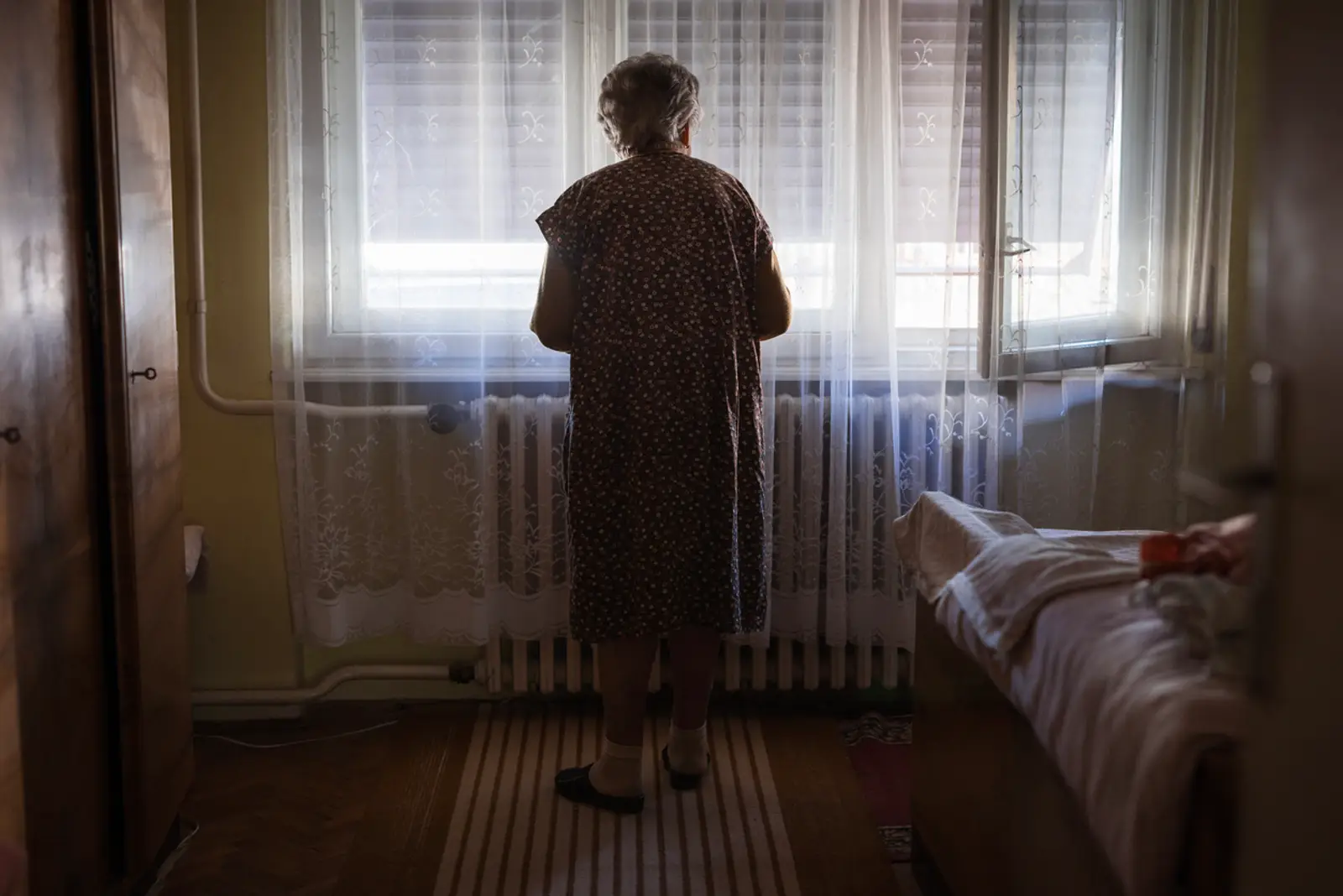
Reaching Out and Asking for Help
Where to Get Quick Medical Advice
Acknowledging the pressures on the health service, Dr Ilozue still urged people not to hesitate when they need support. “It’s important to reach out and ask for practical help. And we are here to help,” she said.
Her advice included:
- Contacting a community pharmacist for quick advice
- Calling NHS 111 for non-urgent concerns
- Speaking to your GP practice for guidance
- Dialling 999 in emergencies
Staying Connected to Reduce Isolation
She also encouraged staying in touch with friends, neighbours and family—small acts of connection that can prevent isolation and help spot issues early.
Staying Warm at Home
Staying warm is vital to preventing winter health complications. Dr Ilozue shared practical tips, including:
- Wearing multiple thin layers, which retain heat better than a single thick jumper
- Keeping living spaces warm and closing curtains early
- Seeking support for heating costs
“If you are struggling with heating costs, Citizens Advice will always give advice,” she added, signposting people to trusted sources of financial guidance.
Staying Active Indoors
Why Movement Matters More With Age
Physical movement is crucial for both physical and mental health, something Dr Ilozue emphasised repeatedly.
“Even if you're indoors, just getting up and moving once an hour can really make a difference,” she said. This could be as simple as walking around the living room, going up and down stairs, lifting bags of flour or bottles of water, or doing seated exercises.
She explained that consistency matters more than intensity: “People do things once and want it to do something magic. But it’s the small habits you build into your daily or weekly routine that make the difference.”
Recommended Strength, Balance and Flexibility Activities
Dr Ilozue reminded listeners that muscle mass naturally declines with age. “From the age of 40, we are really losing muscle mass each decade. So it’s really important to find exercises that help maintain and strengthen muscle.”
She recommended a balance of:
- Strength or resistance training
- Activities that raise the heart rate
- Flexibility exercises
The NHS recommends at least 150 minutes a week of activity that increases heart rate, but she emphasised that any regular movement is beneficial. She praised Age UK for its accessible exercise resources and noted that online platforms offer free routines for all abilities.
Preventing Trips, Falls and Winter Injuries
Winter conditions can significantly increase fall risk. “The ground can get very slippery with ice. So please be careful out there,” Dr Ilozue warned.
Her suggestions included:
- Wearing appropriate shoes with good grip
- Getting help gritting or salting pathways
- Going out with someone rather than alone when possible
- Asking neighbours for support when needed
These small steps can prevent serious injuries and hospital admissions.
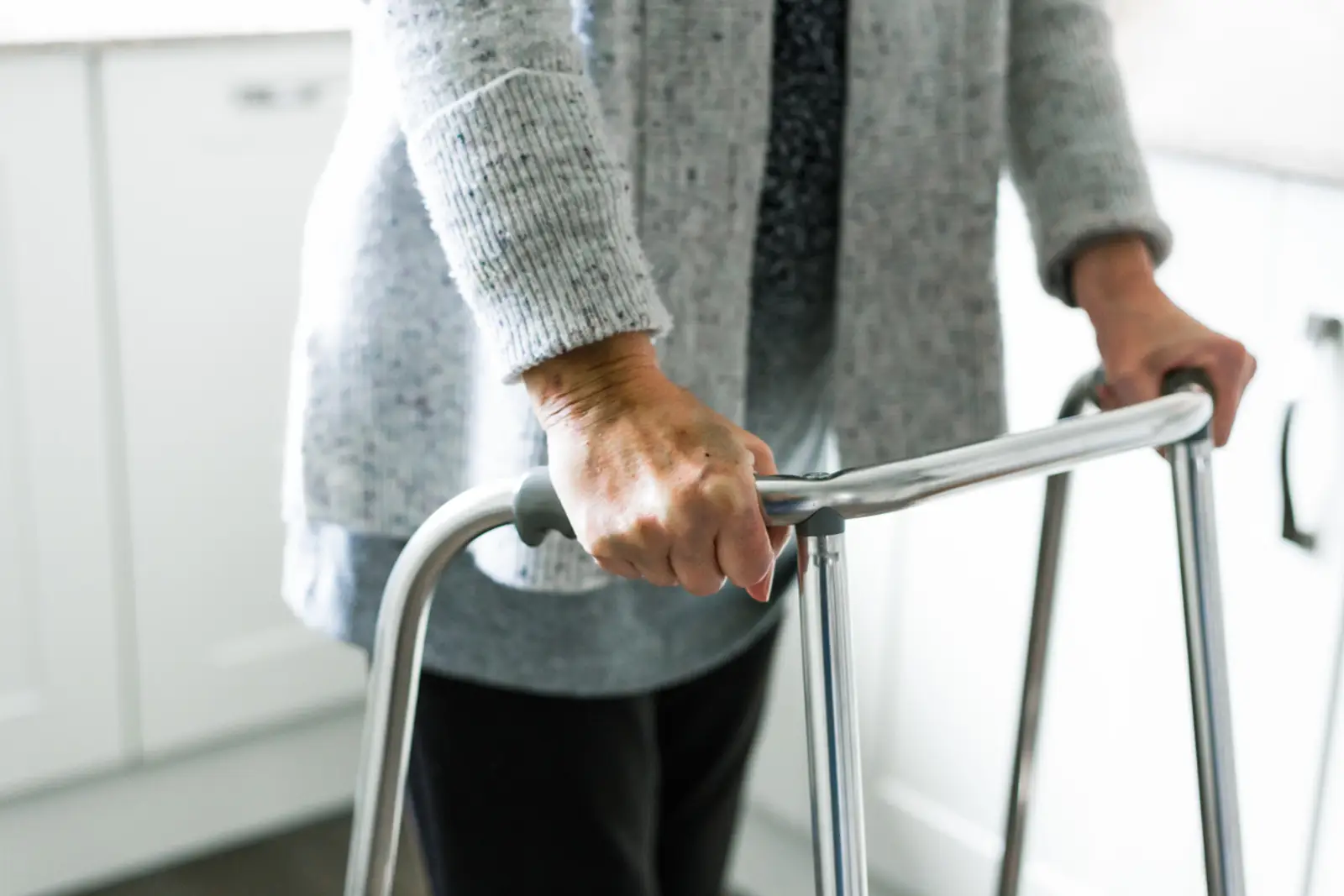
Winter Viruses: What to Expect
Cold weather increases virus transmission due to more time spent indoors with windows closed. “We’re already seeing lots of serious viruses circulating,” Dr Ilozue said.
Looking to Australia, an early indicator of the UK’s season, she noted their “particularly difficult flu season,” and warned that the UK is preparing for similar pressures.
Flu remains a significant threat: “We know that flu still gets people in hospital… we don’t want people admitted to intensive care with breathing problems if we can help it.”
This is why vaccination remains a cornerstone of winter protection.
Why Vaccination Matters
Dr Ilozue strongly emphasised the safety and importance of vaccination.
“Vaccination can mean the difference between life and death,” she said. “The vaccines we use in the UK are safe, rigorously tested, and always reviewed.”
Key points she highlighted:
- Vaccines cannot cause the disease they protect against
- Flu vaccines are updated every year because the virus “changes each season”
- Vaccination reduces the risk of severe illness and complications
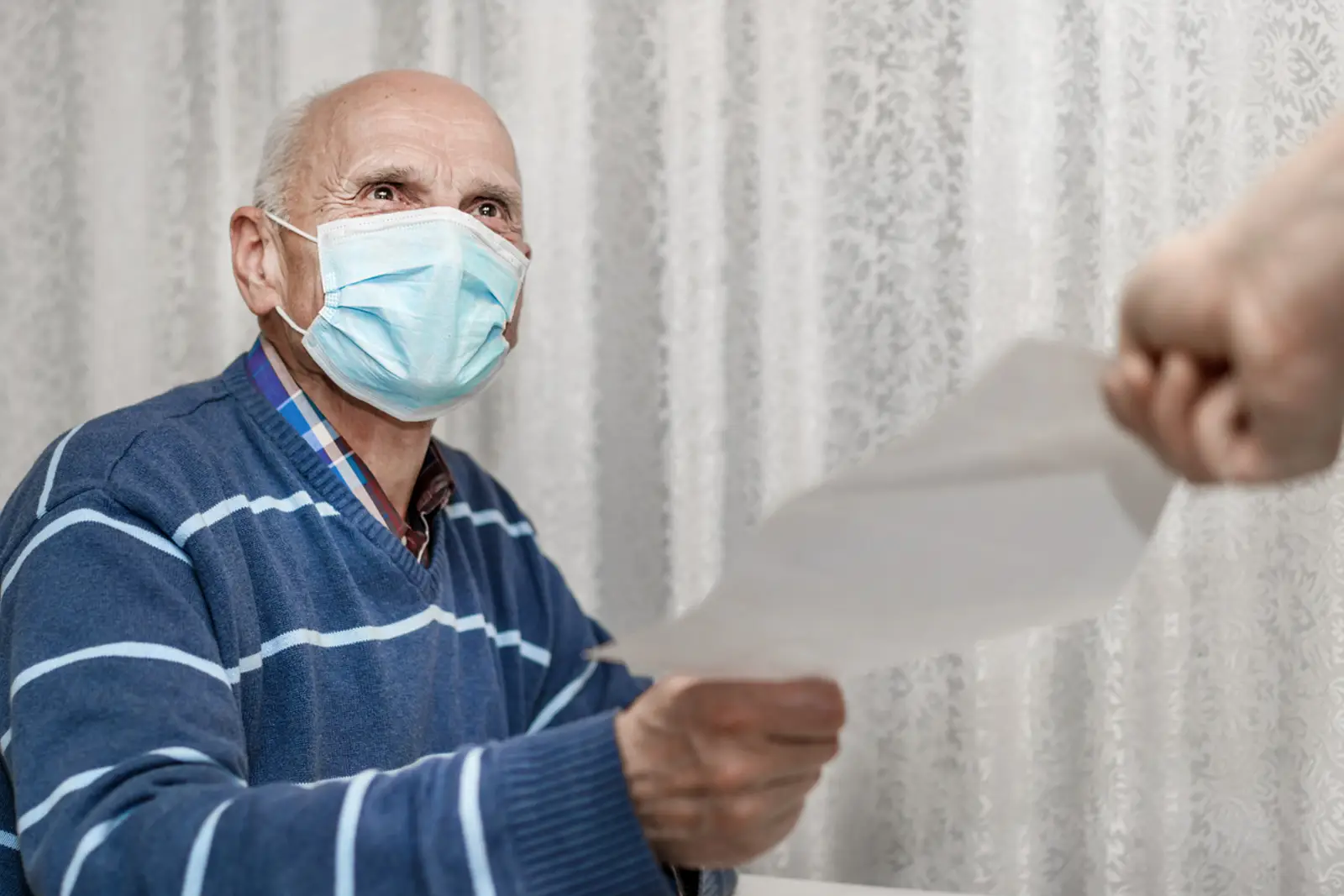
What’s in a Vaccine?
Vaccines contain a weakened or inactive version of a virus or bacteria, helping the immune system recognise it without causing illness. This primes the body so that “even if you get the illness, it should not be as severe.”
Eligibility for the Free NHS Flu Vaccine
From 1 October to March, eligible groups include:
- People aged 65+
- Those with conditions like asthma, COPD, diabetes, epilepsy or liver disease
- Care home residents
- Carers (including self-declared carers supporting family members)
- Close contacts of immunosuppressed individuals
Flu and COVID Vaccines
There is no combined flu/COVID vaccine at present. “They’re done separately,” Dr Ilozue said. You can choose to have one, the other, or both at the same time, typically one in each arm.
Nutrition, Hydration and Supporting the Immune System
Eating Well to Stay Healthy in Winter
To keep the immune system strong, Dr Ilozue advised going “back to basics”:
- Eating a rainbow of foods
- Ensuring adequate protein
- Staying active
- Drinking enough water
- Taking vitamin D, which she recommends everyone use in winter
Staying Hydrated: Simple Checks
She added that many people are “chronically dehydrated” and offered a simple hydration check: “Judge by the colour of your pee. Light yellow is ideal.”
Clear urine may indicate overhydration, which can affect salt levels, while dark yellow or orange means you need more fluids.
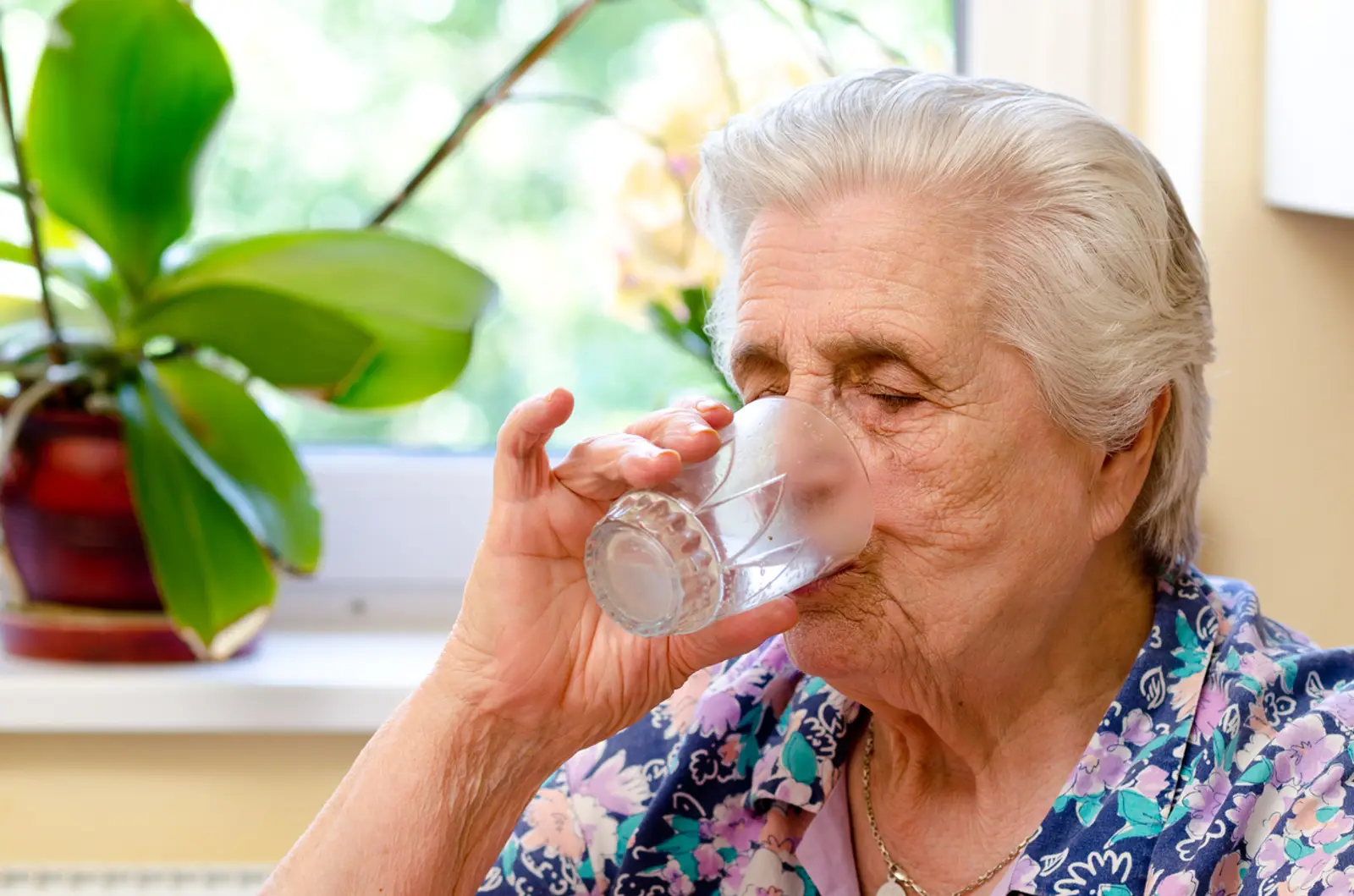
Knowing When a Winter Illness Needs Medical Attention
Key Symptoms to Watch For
Dr Ilozue encouraged listeners to trust their own judgement: “You're the expert in your body… when you come to see a GP, we're the medical experts. The consultation should be a meeting of two experts.”
Seek medical advice if:
- Symptoms worsen over a few days
- You can’t carry out normal activities
- You feel progressively more unwell
- You’re unsure and need reassurance
Who to Contact for Advice or Treatment
Pharmacists, NHS 111 and GPs can provide guidance, and in some cases examination or treatment may be needed.
A Winter of Awareness, Community and Prevention
Dr Ilozue’s message throughout the webinar was one of empowerment. By staying warm, eating well, staying active, seeking help early, getting vaccinated and supporting one another, she stressed that many winter risks can be reduced.
“Knowing when something is not normal for you is so important,” she reminded attendees. With the right preparation and community support, winter can be navigated safely and confidently.
Dr Oge Ilozue is a senior NHS London clinician and public health specialist with extensive experience in primary care, vaccination programmes, and community health engagement. Known for her clear, compassionate communication style, she regularly supports national and regional campaigns focused on winter health, infection prevention, and improving health outcomes for older adults and vulnerable communities.
Elder is the UK’s leading home care platform, helping elderly people receive personalised, one-to-one care in the comfort of their own home. Whether your loved one needs support this winter or long-term live-in care, Elder can help you navigate options with compassion and clarity.
📞 Call Elder today on 0333 920 3648 to speak with an expert Senior Care Advisor.
